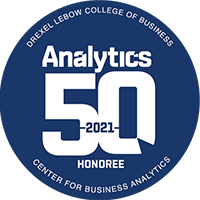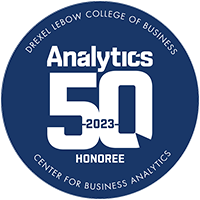AI for Good: The Untapped Potential for Our Aging Population
Artificial intelligence is often framed as a solution of acceleration—cutting costs, increasing throughput, and optimizing performance. But some of its most profound opportunities lie in a different direction: in slowing down, paying attention, and preserving what makes us human.
In a recent conversation with a group of professionals from Visiting Angels—leaders dedicated to elder care—this reality became clear. We didn’t talk about automation or cost curves. We talked about memory. About speech. About companionship. About how AI, when applied with care and precision, can support dignity, independence, and peace of mind for aging individuals and their caregivers.
From Brain Signals to Speech: AI’s Role in Communication Recovery
Recent breakthroughs in brain-computer interfaces have enabled neural decoding models to interpret cortical activity and translate it into synthesized speech. These systems are powered by deep learning architectures trained to recognize the distinct neural firing patterns associated with language formulation.
For individuals affected by aphasia—like my own father, who lost some of his vocabulary after a stroke—this technology is more than a novel capability. It’s a means of restoring identity. Rather than relying on generalized speech prediction models, these systems are personalized and fine-tuned to the individual’s neural profile, offering a new form of communication that is highly contextual and adaptive.
Cognitive Monitoring in Home Environments
Another area where AI is already making a meaningful impact is in elder care monitoring. Using passive sensors, time-series analysis, and behavioral anomaly detection algorithms, AI systems can identify subtle deviations in routine that may signal early signs of cognitive decline or medical distress.
For example, reinforcement learning is being applied to adapt home care routines dynamically—suggesting medication adjustments or increased caregiver check-ins based on evolving patterns of activity and sleep. These models are not merely reactive but are increasingly capable of forming proactive care pathways that support aging in place with greater safety.
At Massachusetts General Hospital, researchers have trained convolutional neural networks on MRI data to detect early-stage Alzheimer’s with over 90% accuracy. These models outperform traditional heuristics by learning spatial biomarkers that correlate with neurodegeneration—offering clinicians an earlier, more precise diagnostic window.
Design with Dignity: Principles That Guide Us
At Freya Systems, we prepare data environments that power AI in industries from aviation to wastewater. But across every domain, our approach is grounded in the same principles: clarity of purpose, alignment with human values, and trust in collaboration over automation.
In elder care, these principles matter profoundly. Predictive models must be explainable—not just accurate—so that caregivers can act on insights with confidence. Data must be secured, and personal autonomy must be honored. And AI must be integrated into systems that support—not override—clinical and familial judgment.
These are not theoretical considerations. They are design imperatives. And as natural language models, computer vision tools, and agentic AI continue to evolve, the need for ethical, intentional deployment grows more urgent.
A Future Worth Building
The opportunity in aging care isn’t to replace human interaction. It’s to reinforce it. It’s to offer caregivers more time, patients more independence, and families more peace of mind. AI can extend reach, enhance observation, and personalize care in ways that weren’t possible before—but only if we build it to serve.
We’ll continue exploring these stories through our AI for Good series—where technology and compassion meet. For now, the challenge is simple: Let’s design AI that helps us care better, not just work faster.
- Want to see more of what Freya is working on? Explore our AI workshops and strategy sessions.




